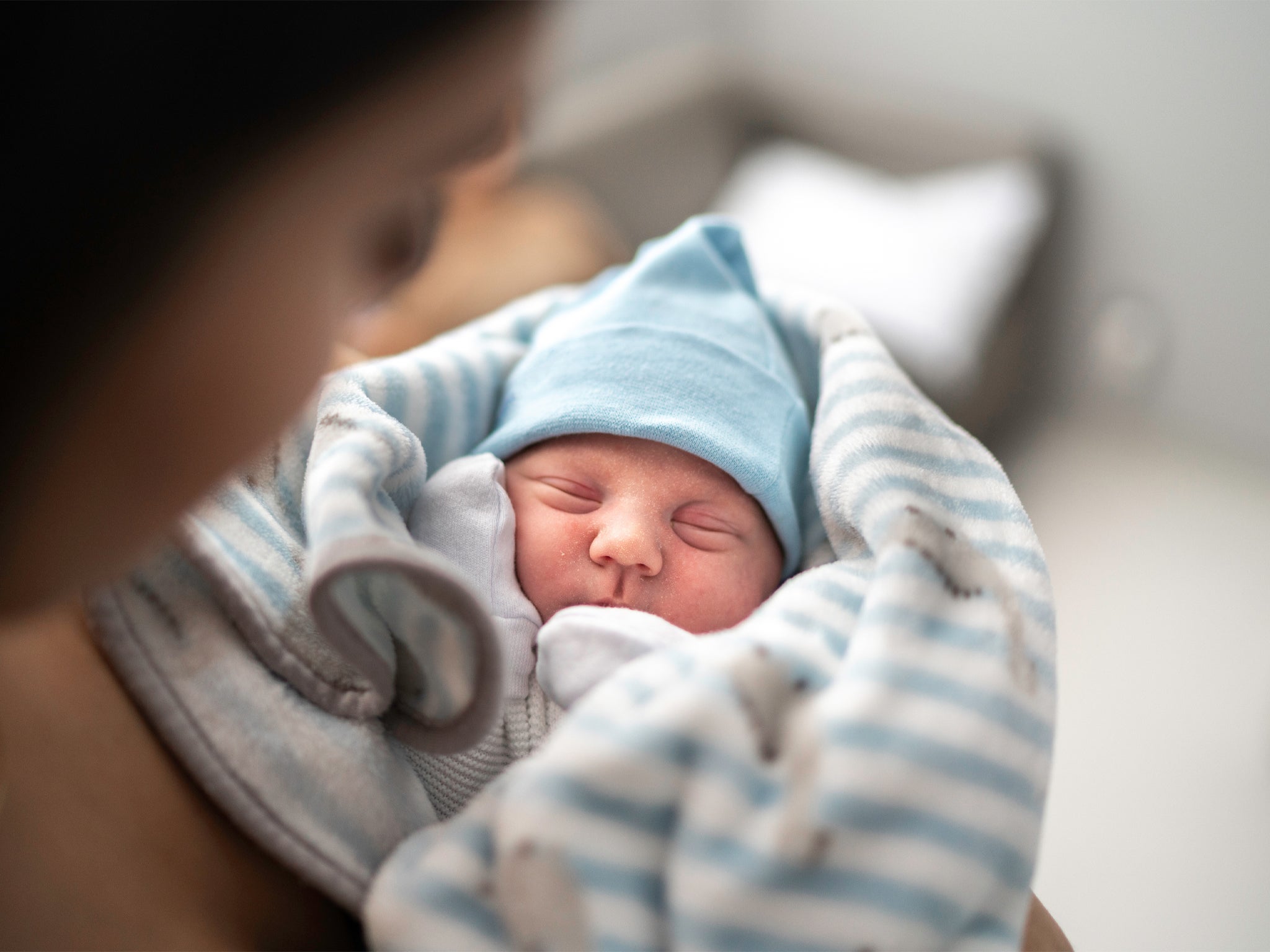Spain’s birth rate plummets by a quarter nine months after lockdown
Similar declines have been recorded in neighbouring European countries

After a year of confinement in lockdown, birth rates in Spain have collapsed with 13,141 fewer newborns registered in December and January than the same period the previous year.
The fall of 22.6 per cent indicates the longer-term impact of the March and April lockdown last year, Spanish newspaper El Pais reported. Similar falls in births have also been seen in neighbouring European countries.
The decline exacerbates existing concerns in Spain about fertility and birth rates. In 2019, 360,617 births were registered – the National Institute of Statistics’ lowest figure since records began in 1941.
Hospitals including Vall d’Hebron or Sant Pau in Barcelona attended 10 per cent fewer new pregnancies in 2020 with deliveries decreasing at the same rate during January and February this year.
Throughout 2020 at the Hospital La Paz in Madrid, they registered up to 14 per cent fewer consultations from the first three months of pregnancy.
Indicating this decline was a trend pre-dating the pandemic, the Virgen del Rocío Hospital in Seville recorded a 40 per cent reduction in deliveries of new babies in the last 12 years, from 9,000 in 2008 to just over 5,000 in 2020.
Diego Ramiro, director of the Institute of Economics, Geography and Demography of the Spanish National Research Council, said: “The data agrees with what we expected and what we are seeing in other countries.”
Elsewhere, Italy saw a 21.6 per cent reduction in newborns registered in December while births fell in France by 13 per cent.
"In some states of the United States such as Florida, California or Hawaii, there have been falls from five per cent to almost 20 per cent," Mr Ramiro added.
“We can hope that after the state of alarm subsided, more children would be conceived. But when the second wave returns, there will probably be another delay, and so on with the third wave.
“It is not convenient to extrapolate the data from the two months of confinement to the rest of the year, but the fall is expected to be strong,” he said.
The Spanish flu pandemic in 1918 had a similar impact on birth rates, though, Alberto Sanz, professor at the Faculty of Political Sciences and Sociology of the Complutense University of Madrid, said recovery from this catastrophe was “fast”.
Mr Sanz said that the aftershocks of the coronavirus pandemic may be felt for longer than they were in 1918.
“Apart from the epidemic crisis, we will have an economic crisis and we have already seen the effects of 2008, which has caused a sustained decline. Now we are entering a year of hiatus and we will have the lowest fertility levels ever in Spain”, he said.
Another factor is the steady rise in the average age of motherhood in recent years.
Albert Esteve, director of the Centre for Demographic Studies at the Autonomous University of Barcelona, said: “The average age of first-time mothers is 32 years, if the pandemic delays the decision for another two years, the fertility will be more complicated, and the option of having a second child even more.”
Recent studies have shown Spain to be among a handful of European countries expected to lose more than half its population by 2100, with three-quarters of Spanish municipalities already in decline.
Join our commenting forum
Join thought-provoking conversations, follow other Independent readers and see their replies
Comments



Bookmark popover
Removed from bookmarks